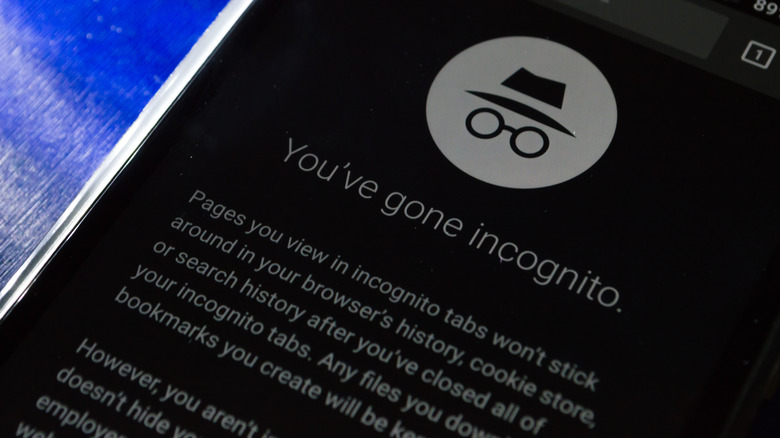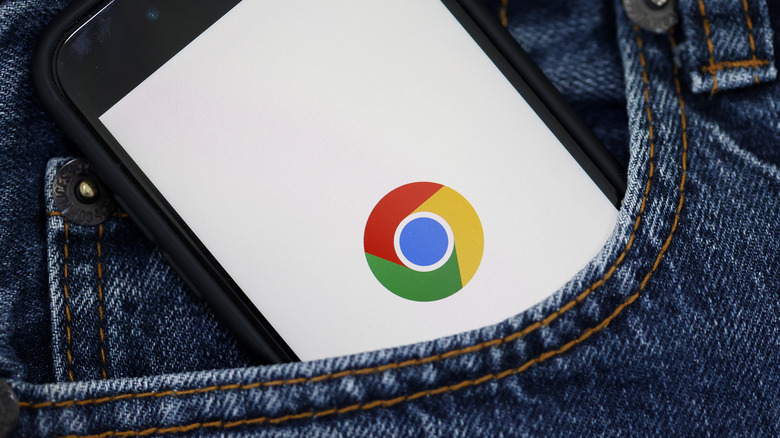Google Starts Letting Chrome Users Know Incognito Mode Isn't As Private As You Thought
In 2020, a class-action lawsuit was filed against Google for tracking user activity, despite telling them that their browsing session was private while using the Incognito mode in Chrome browser. Late in 2023, Google agreed to settle the case worth $5 billion after failing to convince a U.S. District court that the lawsuit should be dismissed.
Now that the case has been settled, Google is changing the language regarding Incognito mode browsing for Chrome users, telling them the real picture of how private it actually is.
First spotted by MSPowerUser, the latest build of Chrome browser in the Canary development channel shows users an updated description for what Incognito mode can and can't do. "This won't change how data is collected by websites you visit and the services they use, including Google," says the updated description. At the moment, the latest public version of Chrome doesn't mention anything about data collection in Chrome browser's Incognito mode, which was the key contention point of the expensive lawsuit.
The tweak made to the Incognito mode description for Chrome browser in Canary test channel might take a few weeks before it starts appearing for all Chrome users widely. However, the support page still doesn't reflect that Google logs browsing activity in Incognito mode. It only mentions how websites, the search engine (which is usually Google's own), and web services can glean details such as IP address and log-in identity when incognito mode is enabled.
Why Incognito is problematic
While browsing in Incognito mode, session details such as history, cookies, website information, and form submissions are not saved. However, the websites you visit can still log your activity, the internet service provider can also see your activity, and if you are on a work or school-issued machine, the administrator can also check your browsing data. However, Google has previously avoided telling users that the company itself collects some valuable data, as do the websites you visit while Incognito mode is active.
As part of the lawsuit, the plaintiffs argued that Google's apps, cookies, and analytics services tracked user activity while browsing the web in Incognito mode, which allegedly allowed the company to collect an "unaccountable trove of information" on millions of users. The lawsuit initially sought damages worth $5,000 for each class member for misleading them and tracking their web browsing activity since 2016.
Citing systems like Google Ad Manager and Google Analytics, the lawsuit argued that Google persists in monitoring, gathering, and recognizing users' online activities in real-time, which goes against federal and state wiretapping laws and infringes upon individuals' privacy rights.
So, what's the safe route if Incognito mode is not really private after all? According to experts at Nord, you should pick a private search engine such as Duck Duck Go, prefer Tor as the browsing channel, disable third-party cookies, and if possible, use a VPN to keep your browsing sessions private.

